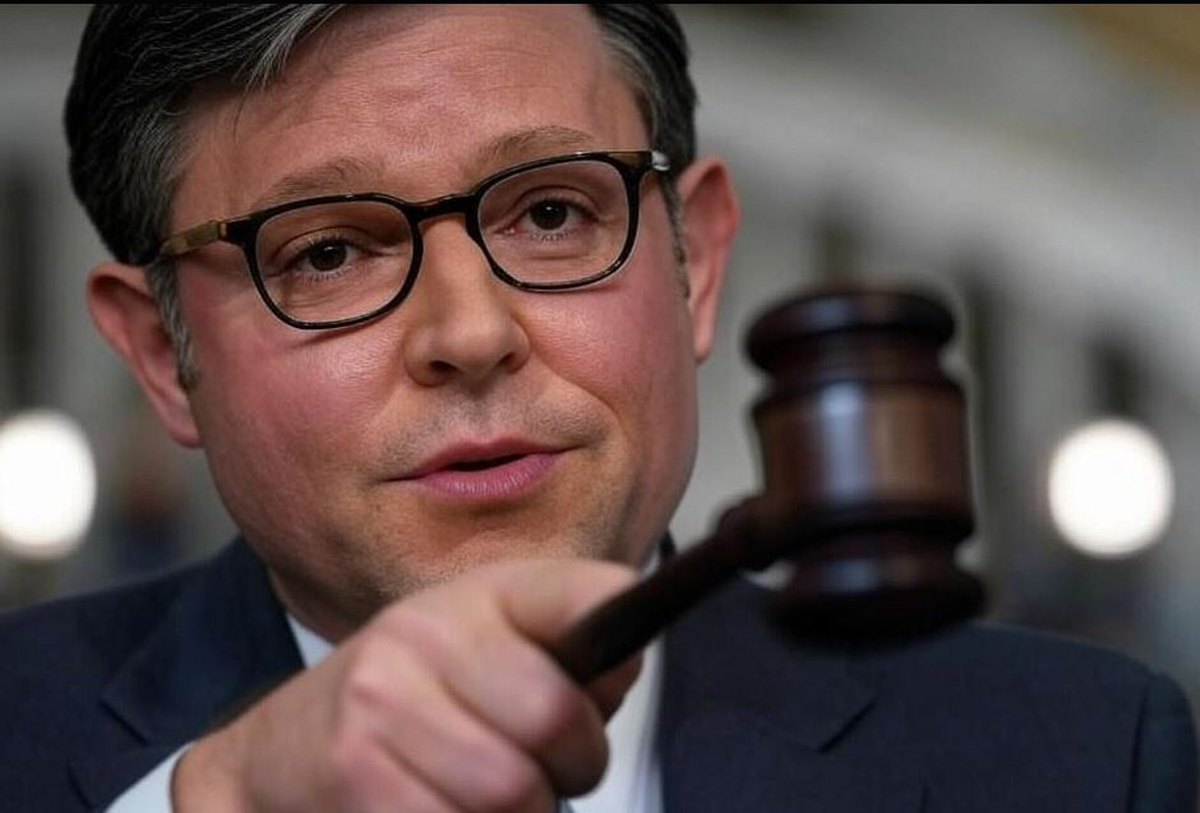Washinton DC. - On Friday, as the 119th U.S. Congress convenes, the Republican party faces a critical juncture with the election of the House Speaker. Mike Johnson, who has been serving in this role, is at a crossroads, with his leadership under scrutiny despite receiving an endorsement from President-elect Donald Trump. While significant, this endorsement has not quelled opposition from key figures within the GOP, particularly from Representative Thomas Massie, who publicly declared his resistance against Johnson's leadership.
The internal dynamics of the Republican Party are playing out in real-time, with the vote for Speaker highlighting the fractures within. Johnson's path to retaining the speakership is narrow, given the GOP's slim majority in the House. With only a few votes to spare, the undecided members of the party hold significant sway over the outcome. Discussions on social media and among political analysts suggest Johnson might not secure the necessary votes on the first ballot. This could lead to prolonged voting sessions reminiscent of past speaker elections.
The implications of this election go beyond mere leadership; it's a litmus test for party unity and the direction of Republican strategy in the new Congress. Johnson's critics argue that his past decisions to work with Democrats on key votes have undermined conservative principles, leading to calls for a more ideologically aligned speaker. However, supporters like Rep. Marjorie Taylor Greene have rallied behind him, emphasizing the need for a united front to push forward Trump's agenda. If Johnson fails to win the speakership, it could signal a shift in power dynamics within the GOP, potentially ushering in a new era of leadership or further chaos in the House.
